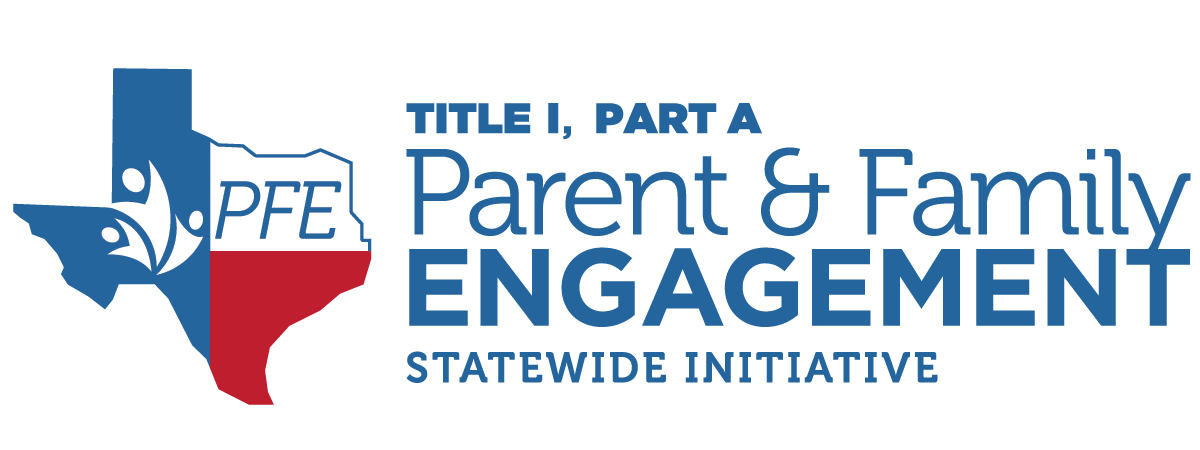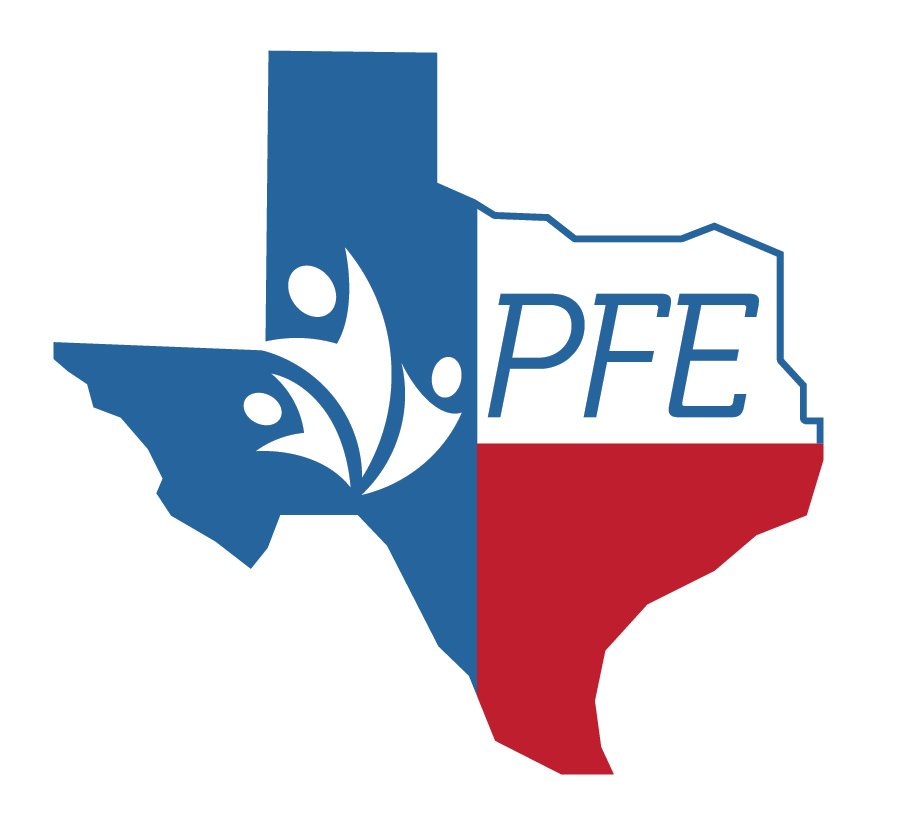Law & Statute
Understanding the basics of law and statute help parents, families, educators, and the community be more effective advocates for the needs of children and families. Knowing the law and statute can help:
Understand the rights of children and families
Advocate for the needs of parents and families
Hold government agencies accountable
Navigate the legal system
Educational statute refers to the laws that have been enacted by a legislative body and that apply to schools. These laws can cover a wide range of topics, such as school attendance, curriculum, teacher education and licensure, student discipline, and school funding.
Statutes play an important role in schools by ensuring that all students have access to a quality education and that their rights are protected. For example, statutes require states to provide a free and appropriate public education to all students, regardless of their race, ethnicity, disability, or socioeconomic status.
Statutes require states to develop and implement standards for academic achievement and to assess students' progress against those standards. Statutes also require states to disclose information about school performance to the public.
Title I, Part A Carryover Guidance from TEA
The Texas Education Agency (TEA) has issued guidance on how local education agencies (LEAs) can carry over Title I, Part A funds from one year to the next.
Title I, Part A Use of Funds Reference Document
The Title I, Part A Use of Funds Reference Document has been revised to provide additional specificity based on whether the use of funds is related to campus expenditures or LEA expenditures.
Building Capacity
Building capacity in schools for parents refers to the process of helping parents develop the skills and knowledge they need to be effective partners in their child's education. This can involve a variety of activities, such as:
Providing parents with information about the school's curriculum, instruction, and assessment practices,
Offering training to parents on how to support their child's learning at home, and
Connecting parents with community resources that can support their child's learning and development.
By helping parents to develop the skills and knowledge they need to support their child's learning, schools can help to ensure that all students have the opportunity to succeed.
To read more about the building capacity requirements as laid out in the Every Student Succeeds Act (ESSA), click below.
Parents
Parent resources for educational statute are a valuable tool for parents to understand the laws that govern their child's education. These resources can help parents to stay informed about the school's policies, understand the school's rationale for its policies, and advocate for their child.
-
-
-
Parents are encouraged to actively participate in their child's education and to communicate with their child's teachers and school administrators on a regular basis. By working together, parents and schools can help all students succeed.
Title I, Part A programs are federal education programs that provide supplemental funding to state and local educational agencies to acquire additional education resources at schools serving high concentrations of students from low-income homes. These resources are used to improve the quality of education programs and ensure students from low-income families have opportunities to meet challenging state assessments.
Learn more about how the PFE requirements section of the Title I, Part A Program can be carried out.
Title I, Part A
We also have toolkits with more information on:
Written Policies
Annual Title I, Part A Meeting
Evaluation
School-Parent Compact
Building Capacity




